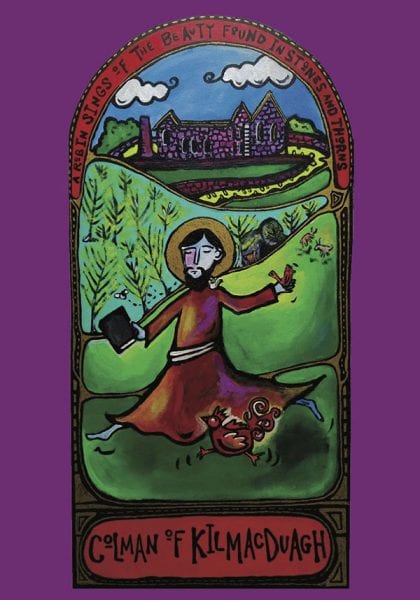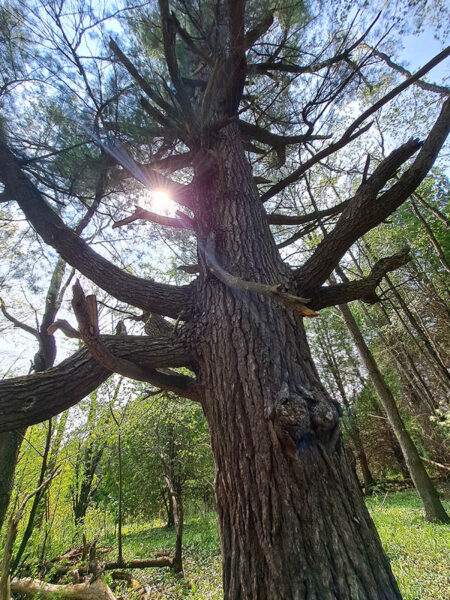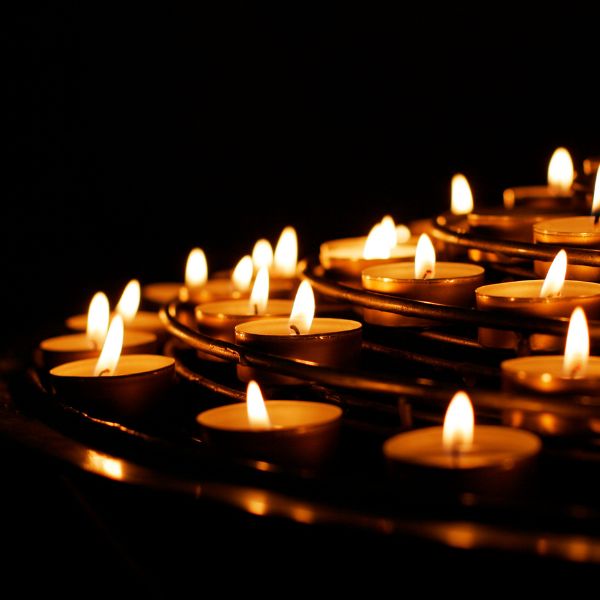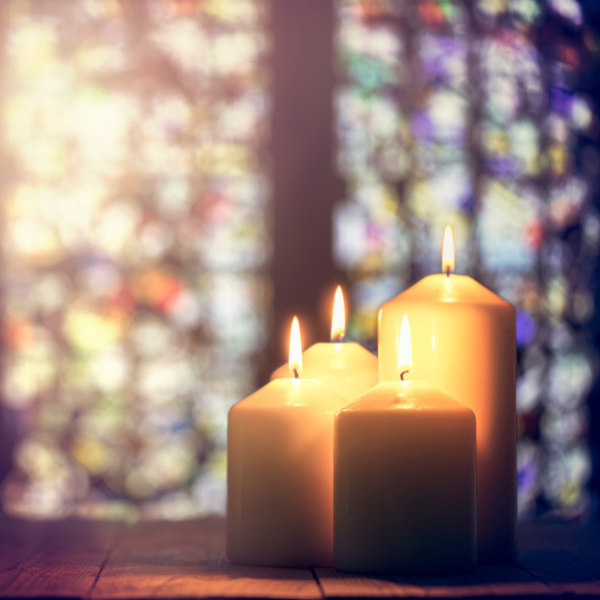Dear monks, artists, and pilgrims,
During this Jubilee year of sabbatical we are revisiting our Monk Manifesto by moving slowly through the Monk in the World retreat materials together every Sunday. Each week will offer new reflections on the theme and every six weeks will introduce a new principle.
Principle 6: I commit to rhythms of rest and renewal through the regular practice of Sabbath and resist a culture of busyness that measures my worth by what I do.
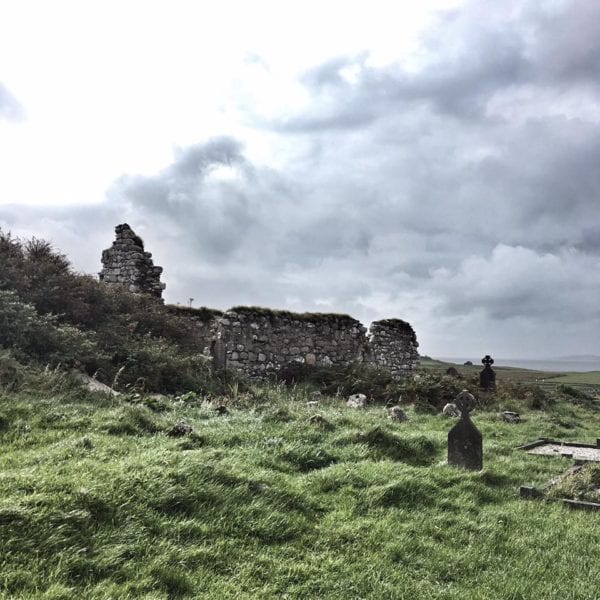 Exodus 20:1-11
Exodus 20:1-11
The Ten Commandments
Then God spoke all these words:
I am the Lord your God, who brought you out of the land of Egypt, out of the house of slavery; you shall have no other gods before me.
You shall not make for yourself an idol, whether in the form of anything that is in heaven above, or that is on the earth beneath, or that is in the water under the earth. You shall not bow down to them or worship them; for I the Lord your God am a jealous God, punishing children for the iniquity of parents, to the third and the fourth generation of those who reject me, but showing steadfast love to the thousandth generation of those who love me and keep my commandments.
You shall not make wrongful use of the name of the Lord your God, for the Lord will not acquit anyone who misuses his name.
Remember the sabbath day, and keep it holy. For six days you shall labour and do all your work. But the seventh day is a sabbath to the Lord your God; you shall not do any work—you, your son or your daughter, your male or female slave, your livestock, or the alien resident in your towns. For in six days the Lord made heaven and earth, the sea, and all that is in them, but rested the seventh day; therefore the Lord blessed the sabbath day and consecrated it.
Background
After being freed from Egyptian slavery by Yahweh, the Israelites needed a bit of guidance. For generations they had been under the control of the Pharaoh. They were a people unaccustomed to making their own decisions. It was not something they had experience with. And so without the Commandments, the former slaves could very well have been like the college freshmen from a strict family: wild and a likely danger to themselves and each other.
Most of the Ten Commandments are about right relationship with others. But the first Commandments are about right relationship to God. The Commandment to “keep holy the Sabbath” usually gets put into the latter category as it is seen as a way to respect God. However, I see it as both: it respects God, but also the self and others.
Of all the Decalogue, this Sabbath Commandment is one of the most detailed. Like some of the others, it gives a reason for doing so: the Lord consecrated the Sabbath. But it also details all who it applies to: self, children, servants (there is no distinction in Biblical Hebrew between “slave” and “servant;” it is contextual, as the same word is used for both), work animals, and even guests. Everyone, regardless of age or gender or social status is to observe the Sabbath together and equally.
But more to the point, this Commandment turns the old ways of the Pharaoh on its head. Humans are more than beasts of burden. We are made for more than just working, producing goods and services. While that is important (or at least necessary), we were also created to be in relationship with our Creator. And that takes time.
You will hear people talk about “quality time” versus “quantity time.” But if there is too little time spent on an activity or with a person, there is no quality to it. We exist in the fourth dimension as well; we span time as well as space.
Reflection
Part of how Christine and I plan our programs, whether they be online or live, is to ask ourselves what types of things would attract us to participate in a program. Being on the introverted end of the spectrum, we naturally gravitate towards programs that aren’t over packed with activities and time spent in groups. We like being with people and interacting with others. But we both need time alone to physically recover and to mentally process everything we’ve been through.
So, none of our online courses will ever be seven days a week. The number of weeks may vary, but there is always at least one day a week is a Sabbath day to process the week’s lessons and discussions. The same is true for our in person pilgrimages and retreats. There is always some Sabbath time or even a full Sabbath day in the middle, to give participants a chance to stop and catch their breath, both physically and mentally. The more we lead a program, the less we try to pack into it. Less really can be more.
But these Sabbath breaks are as much for ourselves as for our lovely participants. To be at our best for others, we need to take care of ourselves in order to take care of others. Part of the decision is to model good spiritual practice. And part of it is just practical, a time to regroup and rejuvenate.
I don’t want to leave you with the notion that Sabbath is just a practical excuse to rest. There is a very real spiritual component. Stopping for a day helps put so many things in perspective. When we realize that the world can survive without our constant attention, we get a better sense of our place in the universe. Now that might make one feel small or unnecessary. The alternative interpretation of that is a greater appreciation of what God and others do. It can give us a better sense of hope, to be able to accept what we are powerless over and what is within our power to change.
With great and growing love,
John
John Valters Paintner, MTS

